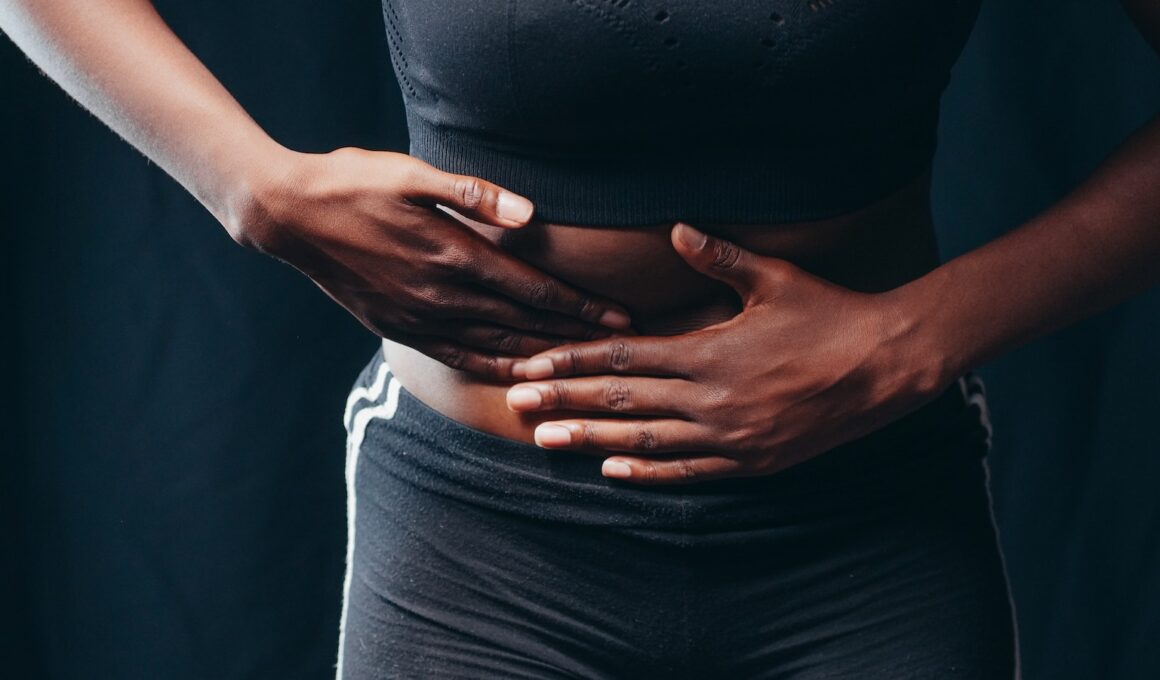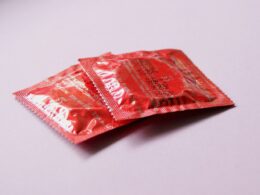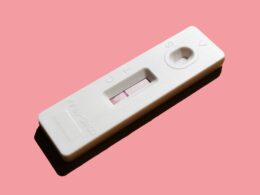Bloating is a feeling of tightness or pressure in your abdomen. It can also cause pain, fatigue and cramps.
Saying buh-bye to hormonal birth control doesn’t come without annoying side effects: breakouts, mood swings and bloating – This section is the result of the service experts’ research https://sexlovechat.com.
The good news is that you can use nutrition, herbs and lifestyle medicine to rebalance hormones and ease bloating long-term.
1. Drink More Water
The pill suppresses ovulation and the associated cramps, but when you stop it, those symptoms can flare up. You can help tame them with diet, exercise and lifestyle changes.
Drinking lots of water will help flush out excess fluids. Eating more hydrating foods, like fruits and veggies, will also make a difference. Processed salt (sausage, mayonnaise, chips) and sugar can affect your fluid balance by causing you to hold on to extra water and lead to bloating.
Incorporate more fiber into your meals, especially those high in probiotics and prebiotics (like legumes, fruits, vegetables) to promote healthy gut bacteria. It can help your digestion and promote regularity, which in turn will alleviate stomach bloating.
Another way to help reduce bloating is to eat more low-glycemic fruits and vegetables, which are high in water content. This will prevent blood sugar spikes that can contribute to bloating.
You might need to cut back on processed food, dairy and other allergens that can wreak havoc with your hormones. It’s a good idea to start journaling your symptoms, so you can keep track of what triggers them. Getting enough sleep and exercise can also improve your bloating. If bloating persists, consider talking to your doctor about diuretics. They can increase your urine output, which can help with water retention. It’s important to talk to your doctor about this though, as they can check for any underlying issues that could be contributing to the bloating, like inflammation or low iron.
2. Eat More Fiber
Besides drinking plenty of water, try adding more fiber to your diet. Leafy greens, cruciferous vegetables like broccoli and cauliflower and beans are good sources of fiber but make sure to eat them soaked or sprouted so they don’t contain a chemical called raffinose which can lead to bloating for some people.
Aim for 25 grams of fiber per day from a variety of foods. You can get this by eating high-fiber foods such as chia seeds, avocados, dark leafy greens, low-glycemic fruits, berries, legumes, and nut butters. It’s also important to avoid processed foods that are high in salt and fat, which can cause bloating.
It’s normal to experience bloating and cramping after you stop hormonal birth control. In fact, it’s a sign that your body is catching up with natural cycle changes that were suppressed by the pill or other hormone-based birth control methods. If you are experiencing severe bloating or have no period after three months of stopping birth control, talk to your doctor. It may be a sign of underlying conditions, like endometriosis or uterine fibroids, or it may be a symptom of menopause.
Some women in perimenopause find relief from monthly bloating and PMS symptoms with hormone replacement therapy. If you’re considering this option, talk to your doctor to see if it is right for you.
3. Exercise
Women on the pill often take it for other reasons besides pregnancy prevention, such as acne, hormone imbalances (like estrogen dominance or PCOS), mood swings, irregular periods, or cramping during menstruation. Regardless of the reason, going off the pill can lead to some less-than-desired side effects, including bloating.
Generally, bloating is a sign that there’s too much water retention in the body. Since hormonal birth control pills can cause this issue, it’s important to get plenty of exercise and eat a well-balanced diet to help reduce bloat and restore your normal hormone levels.
In addition, it’s also important to limit caffeine and alcohol to help your liver prioritize excreting excess hormones during this time. This is because these substances can inhibit the function of gut bacteria that are responsible for metabolizing estrogen. Having healthy gut flora is an essential part of recovering from hormone use because estrogens can build up in the body over time and lead to symptoms like ovarian cysts, fibrocystic breasts, weight gain, and abnormal periods.
Another common problem is a drop in libido after stopping hormonal birth control, but this can be addressed with biofeedback or hormone therapy. And lastly, some people experience a little more weight gain than usual while on hormone replacement therapy because of a return to normal hormonal levels and increased water retention. But this depends on the individual, and it’s best to consult a doctor to see what the right plan is for you.
4. Reduce Stress
Getting off the pill can be a stressful time for many women, which is why it’s important to reduce stress levels. This can help prevent hormonal imbalances that contribute to bloating and other unwanted side effects like acne, PMS symptoms, weight fluctuations, or even changes to your menstrual cycle including lighter or heavier periods.
Another way to reduce stress is to eat nutrient-dense foods that support hormone balancing. Consume complex carbohydrates (like whole grains, beans, and fruit) to stabilize blood sugar regulation, and eat plenty of protein (poultry, fish, eggs, nuts and seeds, and legumes). Try to get in some phytoestrogens too! These can balance the synthetic estrogens found in oral birth control. Try flax seeds, whole soy in moderation, edamame, and tempeh.
It’s also important to get in some liver-supporting herbs and nutrients, like milk thistle, turmeric, burdock root, dandelion root, and saw palmetto. These can help your liver detoxify and process the synthetic hormones you were taking in the pill, making your transition off of the pill a smoother one.
Finally, don’t forget to get plenty of vitamin D. Studies have shown that the pill depletes vitamin D, which is important for optimal health. Make sure to get a daily dose of vitamin D through supplementation or by eating foods that are rich in this nutrient, such as salmon, egg yolks, fortified breakfast cereals, and dark leafy greens.









